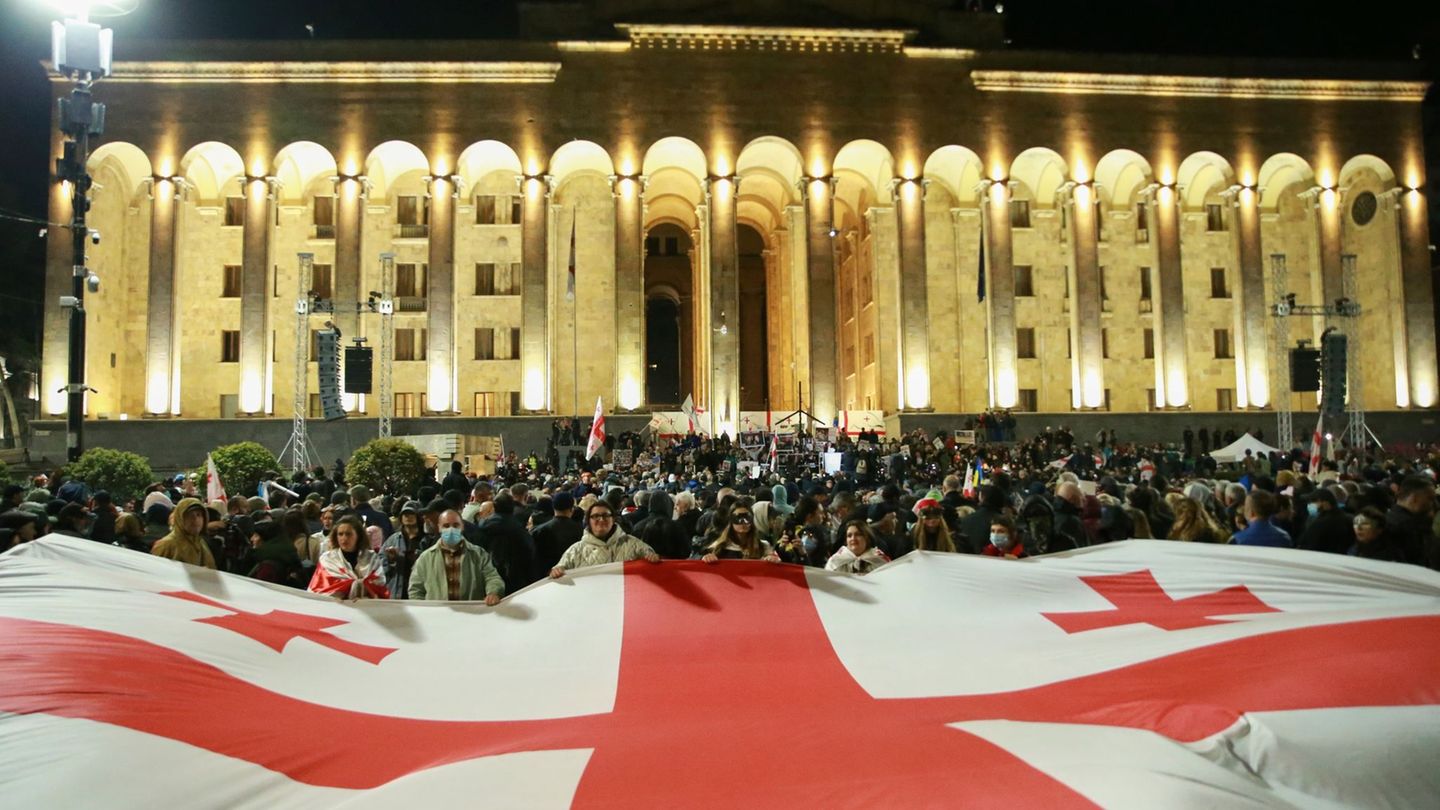In addition, strong tensions in the government coalition of Peronist President Alberto Fernández raise a question about the economic future, in the midst of inflationary pressure that hits the economy and is expected to exceed 70% this year, according to analysts.
Last week, inflation-adjusted bonds -CER- withstood strong selling pressure due to unwinding of positions that placed them at minimum values, despite their juicy yields.
In the agreement with the IMF, signed in March, the country promised to increase the reserves of the central bank (BCRA), lower the inflation rate, cut subsidies and reduce the monetary issue, among other points.
“The combo of the ‘crash’ of the debt in pesos together with a marginally worse global context due to the high CPI (inflation) in the United States were catalysts for the financial dollars to jump. At first glance, given the local macro imbalances and the correlation of the alternative dollars with the monetary aggregates, it would seem that there is still an increase ahead”, commented Roberto Geretto, from Fundcorp.
“The accumulation of more than 5 trillion pesos of debt and the outbreak of internal quarrels, together with declarations about a possible restructuring of the internal debt, put an abrupt end to the bucolic strategy of carry over with assets adjusted by CER (inflation ),” explained Roberto Drimer of VatNet Research.
“Indebtedness in foreign currency and pesos in proportion to GDP looks moderate in the long term, but in the short term you have to count on a flow of funds that allows you to navigate that temporary path. If events go wrong and there are exchange rate and inflationary explosions could suddenly worsen those ratios,” he said.
“The CER curve (bonds linked to inflation) started a movement of parallel movement to the rise earlier than expected, together with a steepening. It is a movement that we had been discussing, but it started earlier than expected,” said the SBS Group.
“The capital gain component in both the CERs and the dollar-linked ones seems exhausted in the short term,” he added, estimating that “however, the balance between the fiscal leg, the monetary leg and the financial program shows warning signs that will not be innocuous during June/July in terms of rates”.
“For bonds in dollars there is no interest, which is why it is a totally closed market. Only the bonds that adjust for inflation remained, but now they are also a little closed,” said an economist.
“Argentina shows that it cannot provide stability in the rules of the game, the fundamental basis of investment,” said Eugenio Marí, Chief Economist of the Fundación Libertad y Progreso.
“The margins are shrinking for the government. It was expected that these problems would be more visible next year, but the markets are always ahead of them,” said Daniel Artana, Chief Economist of Fundación Fiel, in radio statements. “Everything seems to indicate that in this first year of the program it will not meet any of the three goals,” he added.
“The big question ahead is how the financial program will continue. In principle, we estimate that the placement terms could be reduced to an average of 90 days for ‘market’ financing. We do not rule out greater regulatory ‘pressure’ to increase the demand for securities of the financial system, while public entities could provide medium-term financing and guarantee a certain roll-over floor,” Delphos Investment estimated.
“The amount of dollars available for non-energy imports will be limited: by virtue of our projection on the exchange balance, we estimate that the availability of foreign currency will be insufficient to meet at the same time an increase in imports above the current 6,000 million dollars. and guarantee the goal of restoring reserves,” said Ecolatina.
“What we have to do is convince people, governments or companies, to bet savings on the development of Vaca Muerta. If we don’t get investments, it will stay where it is,” Cristian Folgar, an economist and former undersecretary of fuels, said in radio statements.
Source: Ambito
David William is a talented author who has made a name for himself in the world of writing. He is a professional author who writes on a wide range of topics, from general interest to opinion news. David is currently working as a writer at 24 hours worlds where he brings his unique perspective and in-depth research to his articles, making them both informative and engaging.




